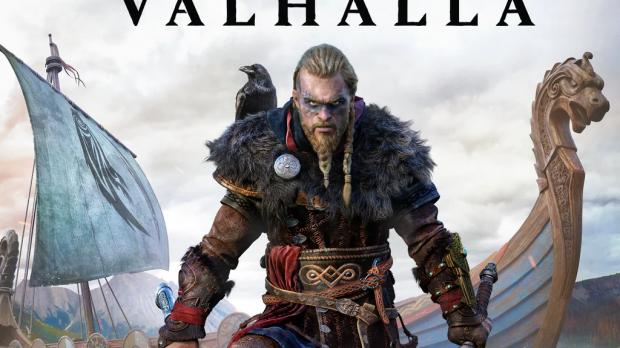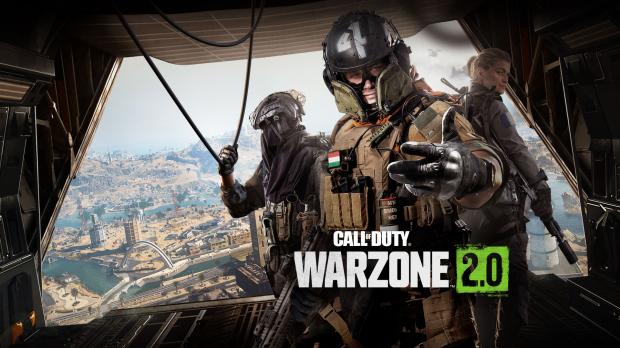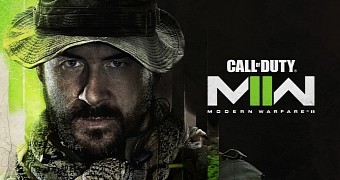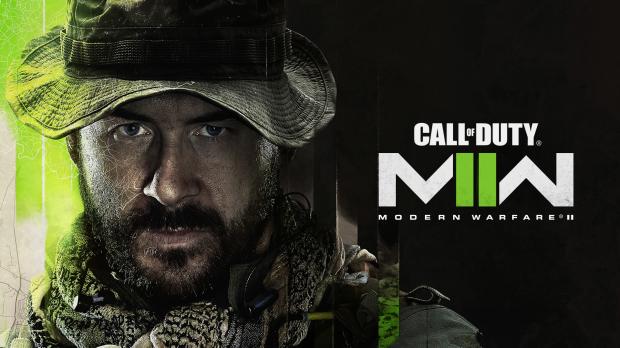Call of Duty remains one of the biggest franchises in the video game world, a series of first-person shooters that lands every year in November and attracts both dedicated fans and new players. It generates massive sales for parent company Activision Blizzard.
And it creates a lot of discourse in the gaming space. One o the main topics is whether a new game needs to arrive every year or if this hurts both the quality of the product and the health of the overall industry.
Modern Warfare II (written using a 2, which is technically the name of a 2009 release in the same series) is performing better than its predecessors. It is also getting better feedback from the community than Vanguard and Black Ops Cold War.
It is no coincidence that Modern Warfare 2 of 2022 is the sequel to the reboot of Modern Warfare, delivered in 2019. Both are mainly the work of Infinity Ward, although a ton of other studios inside the Activision Blizzard family have contributed to it.
The Ubisoft made Assassin’s Creed series has had a similar trajectory. The company churned out sequels as quickly as it could before fans abandoned the franchise. It then made the strategic decision to pause it for a while and gave developers time. The semi-reboot Origins was then welcomed by the community but Ubisoft did not learn its lesson and the most recent release, Valhalla, has not performed as well as expected.

The big question is: are differences in sales and quality a matter of who makes a Call of Duty or are they an unavoidable element of its early launch schedule? Does the yearly pace affect other franchises, positively or negatively? And are developers and fandoms better served by moving away from it, offering studios more time with less pressure?
For a massive franchise, including the biggest releases from Microsoft, Activision, Sony, Electronic Arts, or their equals, I think the answer is clear: Give development teams all the time they need and do not allow marketing to set the pace of launches. Give them the resources and try to stay out of their way.
This can only work as long as publishers are ready to make a few other changes to how they present and launch video games. They should start by announcing titles without attaching a launch window. They can and need to have one internally. But keep it private until the shape of the final product is clear and its potential arrival date comes into focus.
This will cut down on fan speculation and will avoid widespread discussion that can set toxic expectations. Just look at what happened after the recent Grand Theft Auto leak. Many gamers criticized the development team despite the fact that what we got to see is in no way representative of what the final product will offer.
Pre-launch expectations and negative echo chambers affect the entire gaming ecosystem. Developers will be pushed by their own companies and become the target of outside critique. Publishers will have to push marketing into overdrive.
Crunch becomes an option when nailed-down release dates exist, affecting both public opinion and game makers. Potential players will be torn between the promises coming from the companies and the fantastic stories that can emerge when solid details are missing.
So companies need to offer clear info about the status of their project. If there are setbacks, talk about them. Offer developer diaries at a solid pace. Get community managers to set the record straight when needed. Make sure that fans don’t have to create their own fantasies about the series they love.
And, finally, make games available for sale only once they are in the best shape possible. There are no flawless game launches. A community of players will find bugs and break games in ways that no amount of beta testers can. But the pressure of a release window often means significant problems are ignored, and that needs to stop.
These are big transformations for the industry and are unlikely to happen quickly or painlessly. And any change will only start if there’s enough pressure from the player community. These should not take the form of threats or unnecessary criticism but of constructive feedback and careful spending.
The biggest publishers would also do well to look at smaller franchises that have a yearly cadence but do not attract nearly as much criticism. Football Manager, long in the hands of Sports Interactive and SEGA, delivers a new title every year and no installment re-invents the formula.
But the sim's many fans, while very dedicated and ready to point out issues, do not attack the two companies. There are periodic calls for bigger tweaks, all made in a civil manner, but sales do not fluctuate massively from year to year.

Activision Blizzard is currently the target of an acquisition effort from Microsoft. Regardless of whether the deal goes through or not, it’s the perfect moment to try and implement bigger company-wide changes. The Call of Duty publishers needs to deal with major internal culture issues as well as leadership problems.
But it also represents a good moment to try and reboot its biggest franchise and put it on a more solid foundation for the future. Make it clear that Call of Duty is no longer delivering full installments each year.
Reveal that the Warzone concept will become entirely separate, offering constant updates, both mechanical and cosmetic, for all the fans that only appreciate the battle royale side of the video game. Make sure that they arrive in good shape, squash bugs quickly, try to keep the community satisfied as much as possible, and work on decreasing the level of toxic discourse. Keep it free and maybe find a premium currency system with no predatory elements.
Meanwhile, develop two tracks for the single-player and multiplayer Call of Duty releases. Give Infinity Ward the time and space they need to create an entirely new narrative, complete with at least some gameplay changes. This series should not have annual launches and, maybe, should not get an announcement and marketing until around nine months before it actually arrives. These titles should not use the names of older installments.
Finally, introduce a well-defined initiative to remake older titles. Nostalgia is a powerful force and long-time fans are ready to pay based on it. Modern tech can make Modern Warfare an incredible experience and fans deserve access to that. Its history and past innovation mean it deserves a better and more relevant future.

 14 DAY TRIAL //
14 DAY TRIAL // 



